The Three Pillars of Empiricism (Scrum)
Por um escritor misterioso
Last updated 24 outubro 2024

Empiricism means working in a fact-based, experience-based, and evidence-based manner. Scrum implements an empirical process where progress is based on observations of reality, not fictitious plans. Scrum also places great emphasis on mind-set and cultural shift to achieve business and organizational Agility. The three pillars of empiricism are as follows:
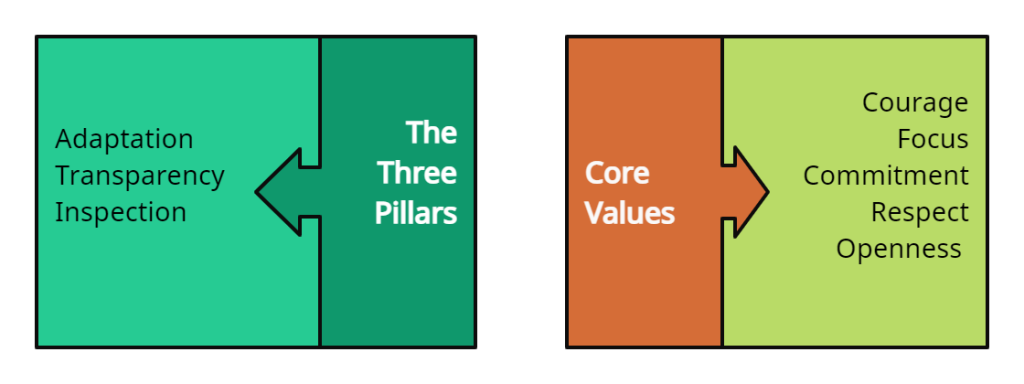
Kanban vs Scrum: Your Ultimate Guide for Agility - Creately Blog
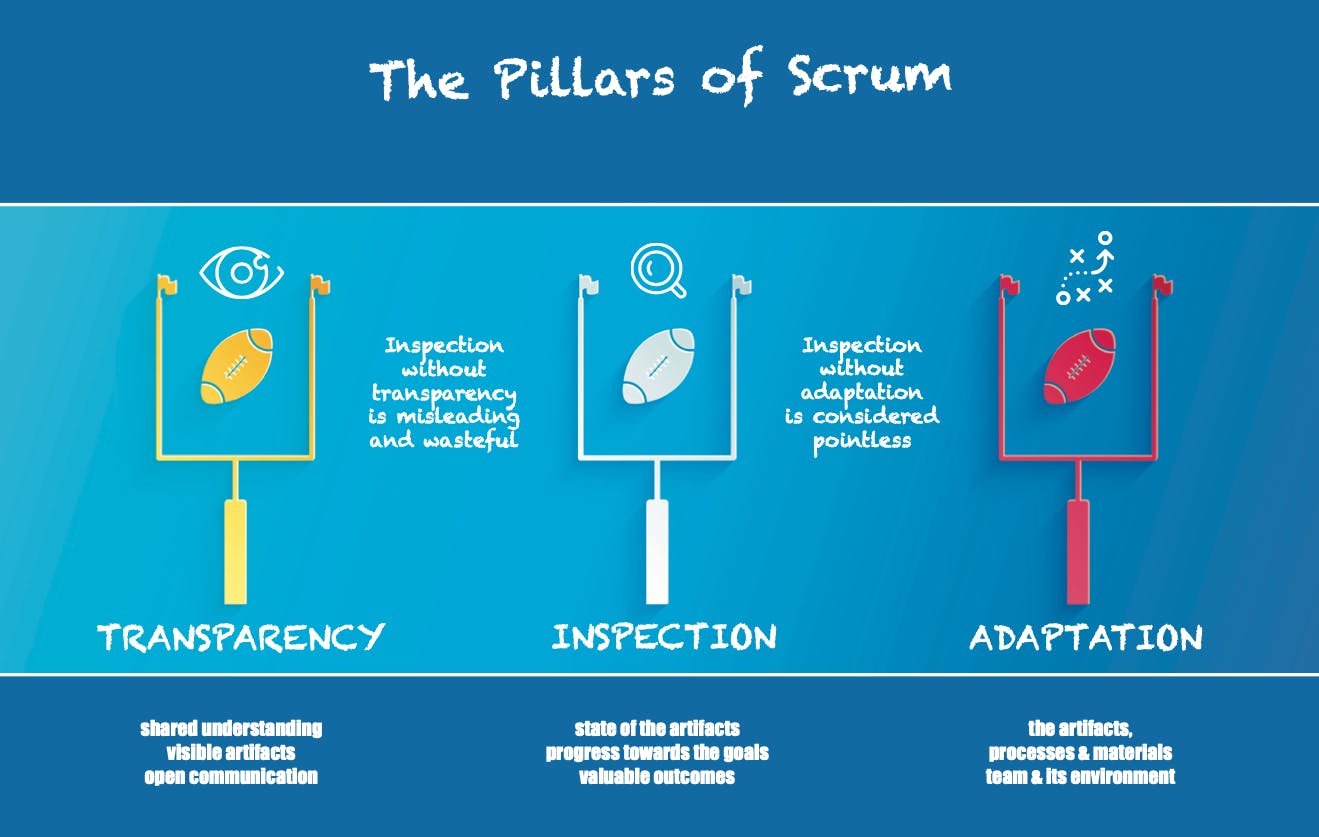
The Pillars of Scrum

The responsibilities of the Scrum Master - Matthijs de Booij
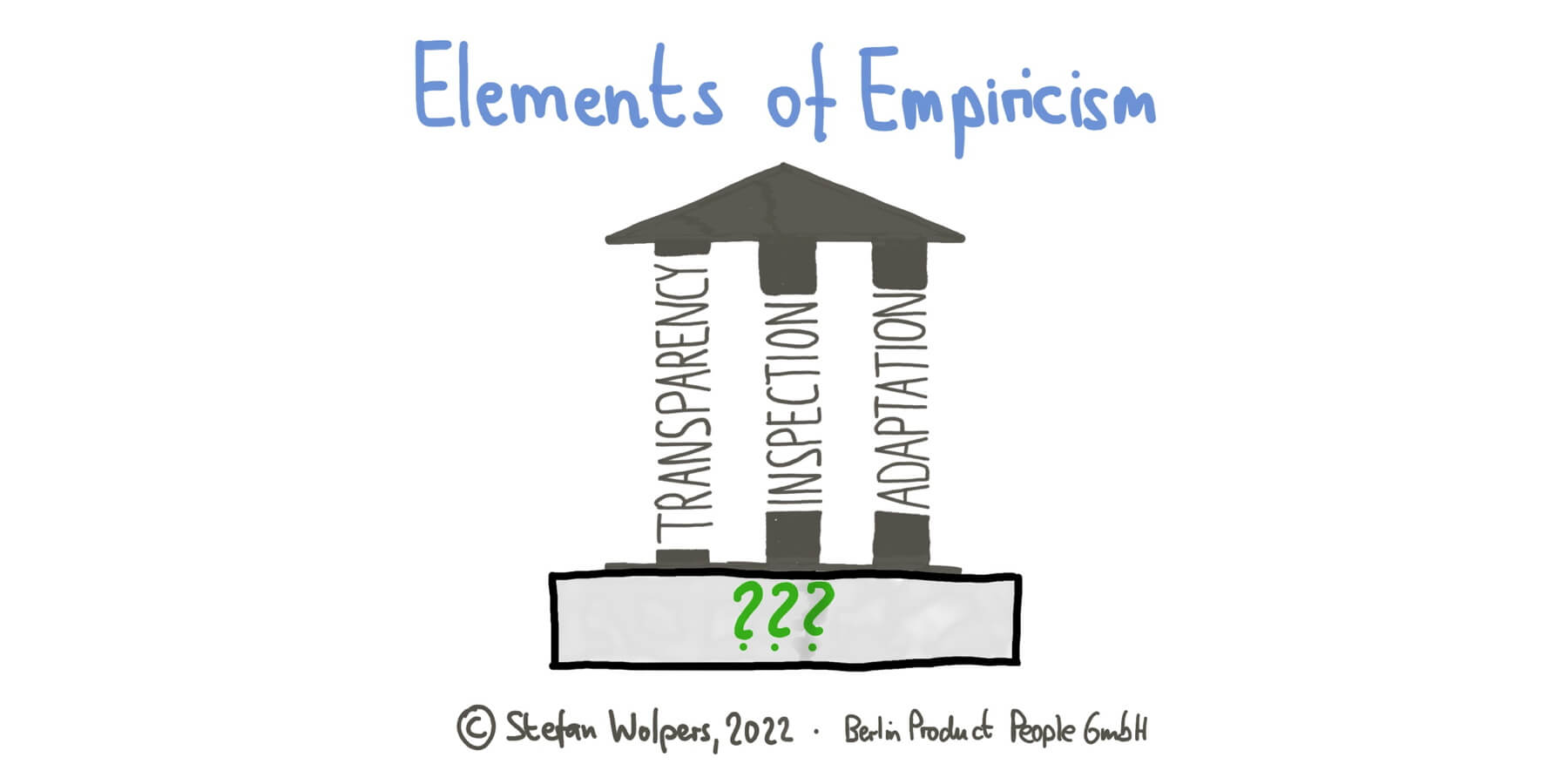
The Three - Wait: Four - Elements of Empiricism - DZone
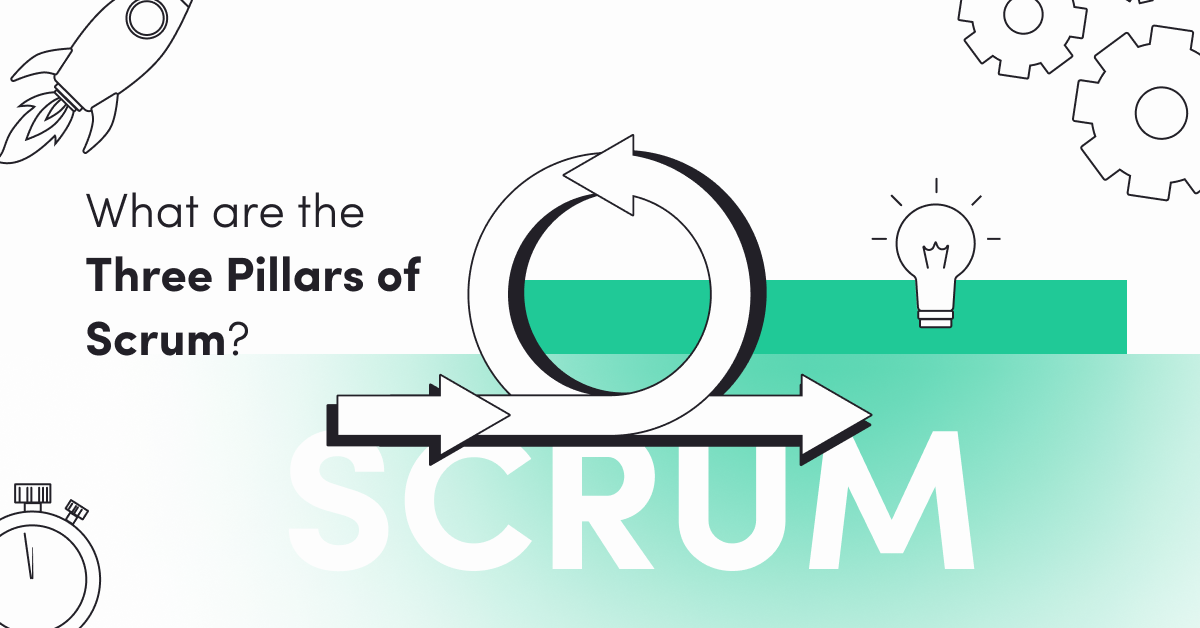
What are the Three Pillars of Scrum?

The Three Pillars of Scrum and Why Adaption is the Most Powerful, by Luke Pivac, Agile, Adapt
What are the 3 Pillars of Scrum (Empiricism) - StarAgile
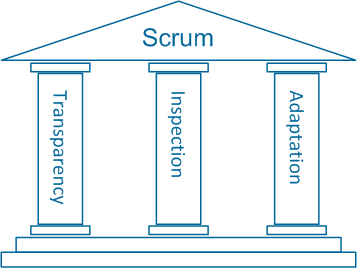
What is SCRUM? — CODING ALI

Understanding the Scrum Pillars - Transparency, Inspection and Adaptation

13. Scrum theory
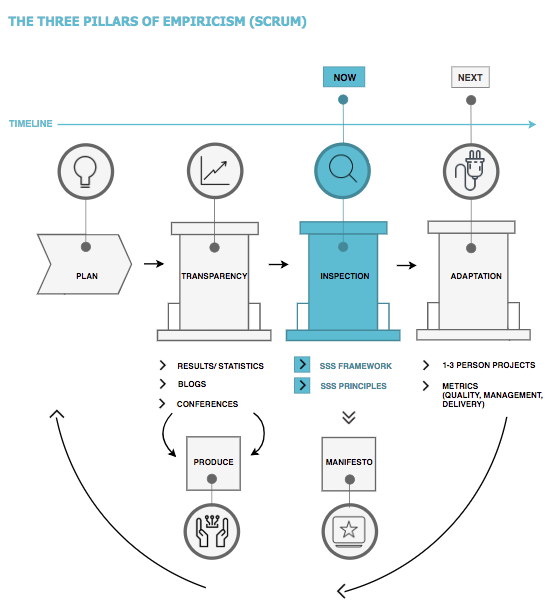
Testing Small Scale Scrum in the real world

What are the 3 Pillars of Scrum (Empiricism) - StarAgile

Coach Takeshi's Scrum Crash Course - Learn Scrum in 2 hours
Recomendado para você
-
 Aliança Traduções - Serviço de Tradução para Empresas24 outubro 2024
Aliança Traduções - Serviço de Tradução para Empresas24 outubro 2024 -
 Press F to Pay Respects24 outubro 2024
Press F to Pay Respects24 outubro 2024 -
 Respect to the Legend”“Respeto a la leyenda” – Manhattan Times News24 outubro 2024
Respect to the Legend”“Respeto a la leyenda” – Manhattan Times News24 outubro 2024 -
 Pin on memes24 outubro 2024
Pin on memes24 outubro 2024 -
 A westerly wind dominated Puna Plateau during deposition of upper Pleistocene loessic sediments in the subtropical Andes, South America24 outubro 2024
A westerly wind dominated Puna Plateau during deposition of upper Pleistocene loessic sediments in the subtropical Andes, South America24 outubro 2024 -
 Respect, Saints Row Wiki24 outubro 2024
Respect, Saints Row Wiki24 outubro 2024 -
 Premium Photo Green bush-cricket long horned grasshopper on brown branch.24 outubro 2024
Premium Photo Green bush-cricket long horned grasshopper on brown branch.24 outubro 2024 -
 Prof David Uzzell University of Surrey24 outubro 2024
Prof David Uzzell University of Surrey24 outubro 2024 -
 Synthesizing theories of human language with Bayesian program induction24 outubro 2024
Synthesizing theories of human language with Bayesian program induction24 outubro 2024 -
 Deformation understanding in the Upper Paleozoic of Ventana Ranges at Southwest Gondwana Boundary24 outubro 2024
Deformation understanding in the Upper Paleozoic of Ventana Ranges at Southwest Gondwana Boundary24 outubro 2024
você pode gostar
-
 Ending for Crossed Swords(Neo Geo)24 outubro 2024
Ending for Crossed Swords(Neo Geo)24 outubro 2024 -
 Saikyou Onmyouji no Isekai Tenseiki: Geboku no Youkai-domo ni Kurabete Monster ga Yowasugirunda ga, Isekai Wiki24 outubro 2024
Saikyou Onmyouji no Isekai Tenseiki: Geboku no Youkai-domo ni Kurabete Monster ga Yowasugirunda ga, Isekai Wiki24 outubro 2024 -
 Game Boy Advance SP IPS Backlight24 outubro 2024
Game Boy Advance SP IPS Backlight24 outubro 2024 -
Action Figure Hell's Paradise Gabimaru Dxf Banpresto24 outubro 2024
-
 OUYANGHENGZHI Dried Kiwifruit Slices Mi Hou Tao Gan 猕猴桃干 216g/7.62oz24 outubro 2024
OUYANGHENGZHI Dried Kiwifruit Slices Mi Hou Tao Gan 猕猴桃干 216g/7.62oz24 outubro 2024 -
 Tecnologia & Games: Saiba agora as configurações ideais que seu PC deve ter para rodar Valorant sem bug! - Rbsimportgames24 outubro 2024
Tecnologia & Games: Saiba agora as configurações ideais que seu PC deve ter para rodar Valorant sem bug! - Rbsimportgames24 outubro 2024 -
 Strangers with Candy - Wikipedia24 outubro 2024
Strangers with Candy - Wikipedia24 outubro 2024 -
What is the best action/romance and/or action/harem anime with clear graphics? - Quora24 outubro 2024
-
 Copo Palmeiras Campeão Paulista 2022 - Palmeiras Store24 outubro 2024
Copo Palmeiras Campeão Paulista 2022 - Palmeiras Store24 outubro 2024 -
 car Parking game,level park car game on Behance24 outubro 2024
car Parking game,level park car game on Behance24 outubro 2024
